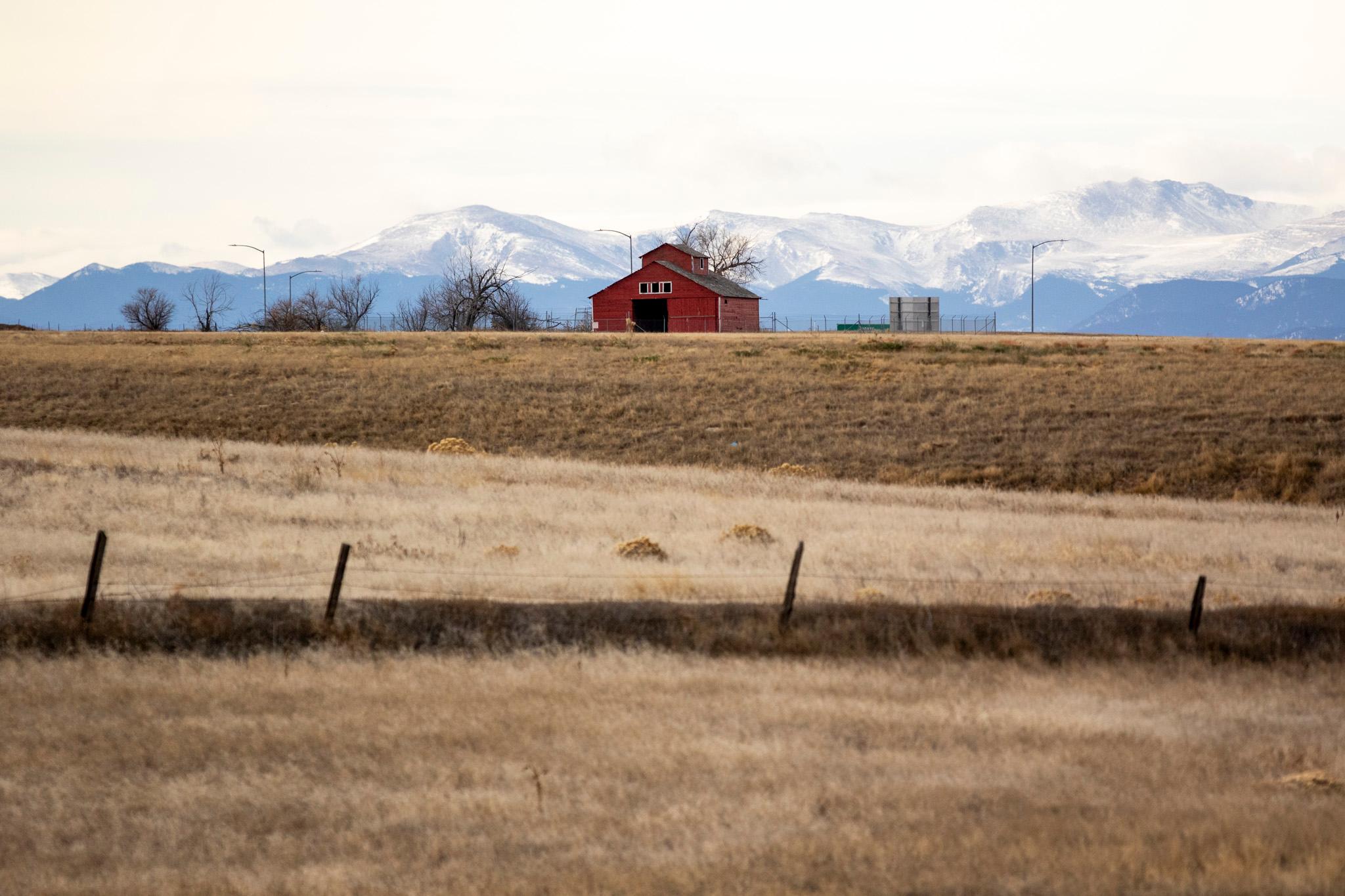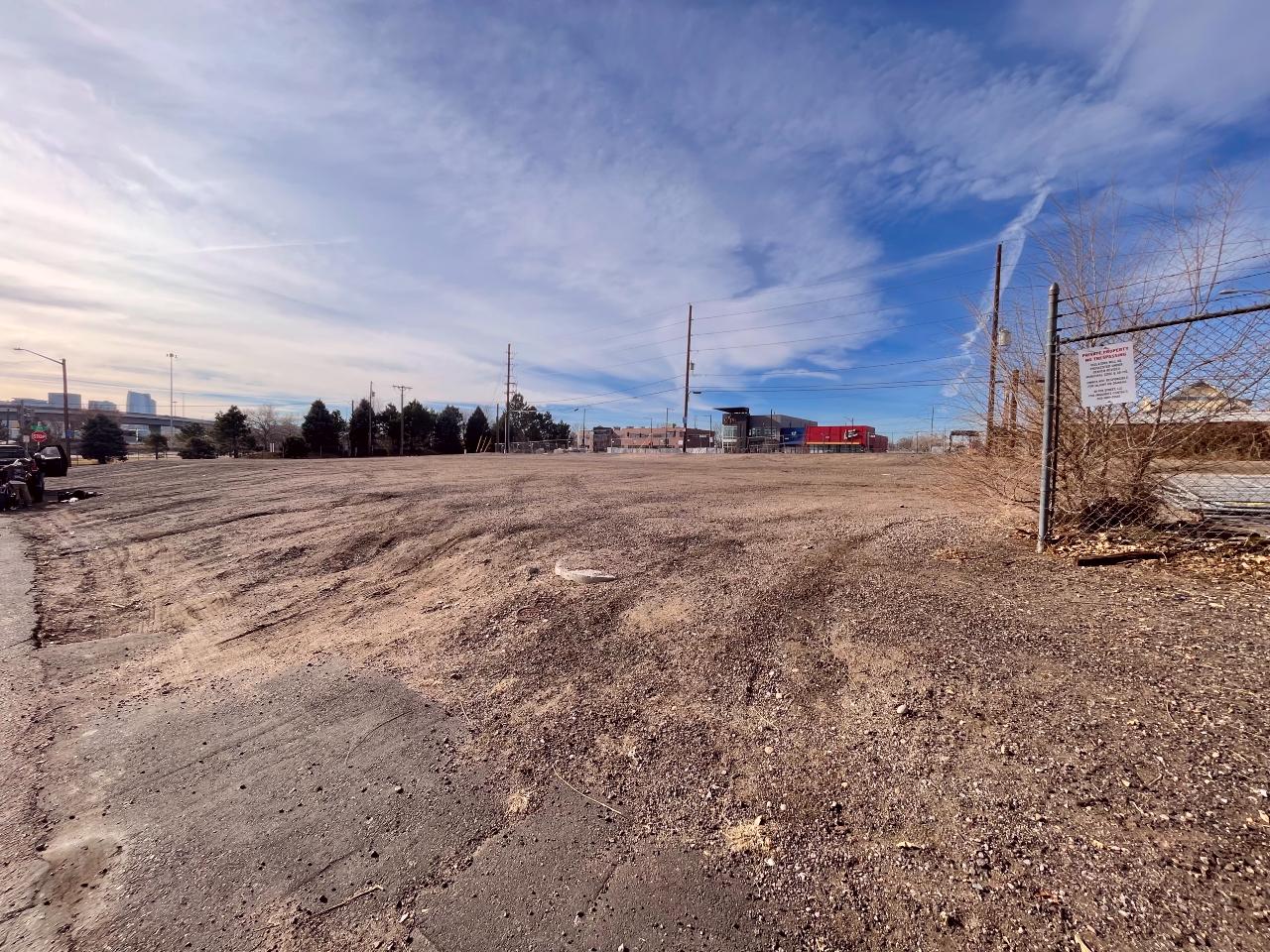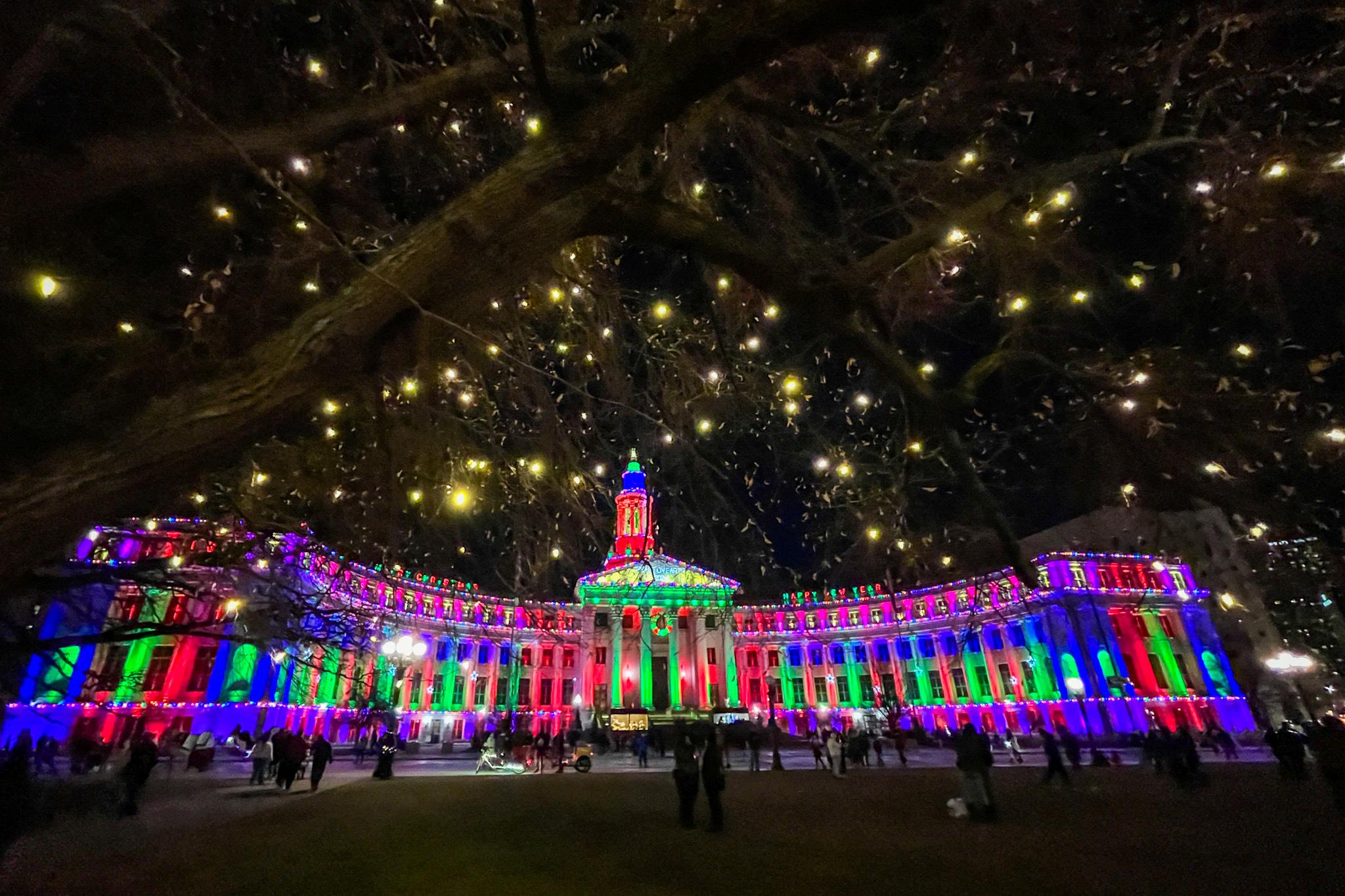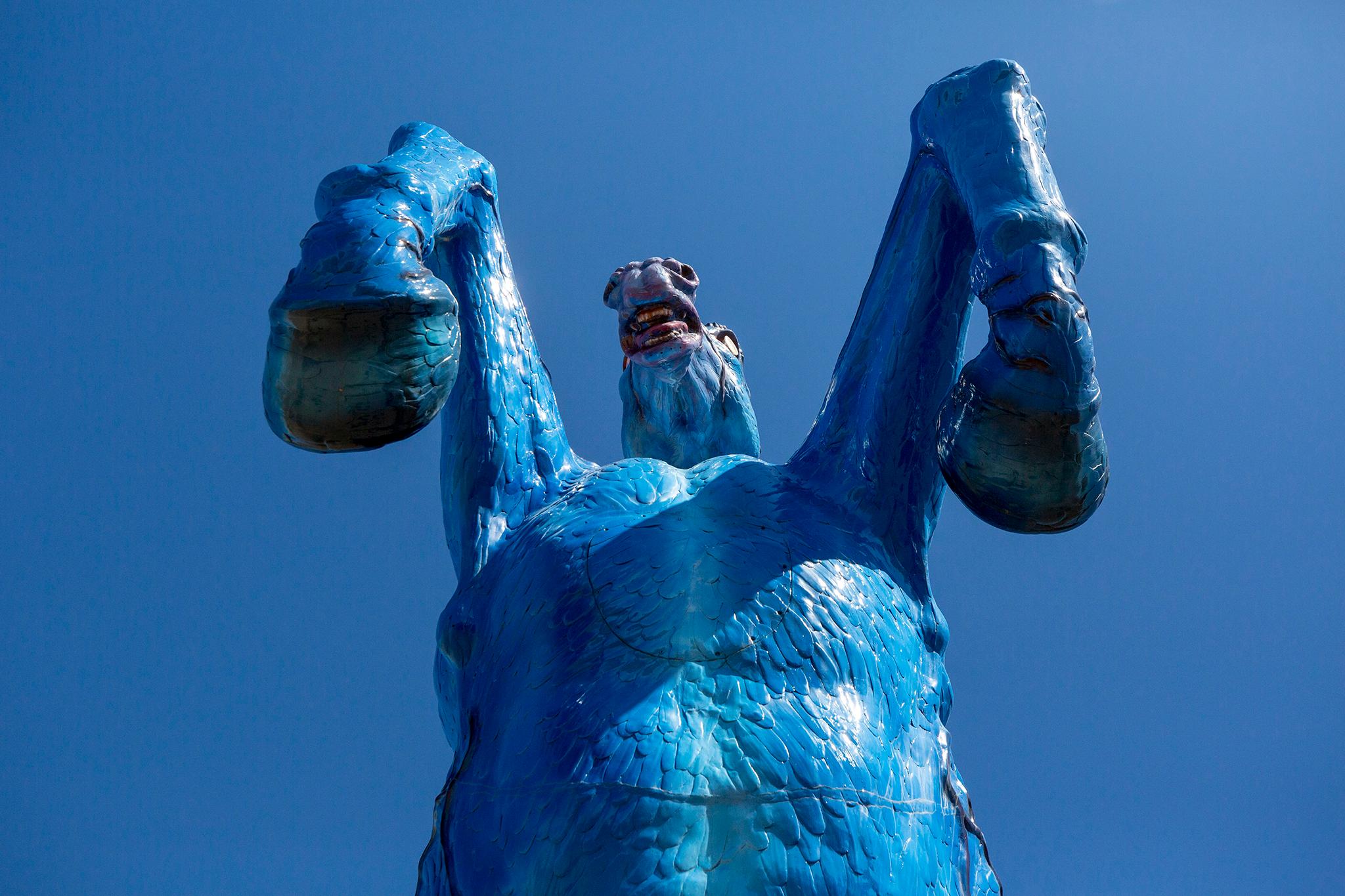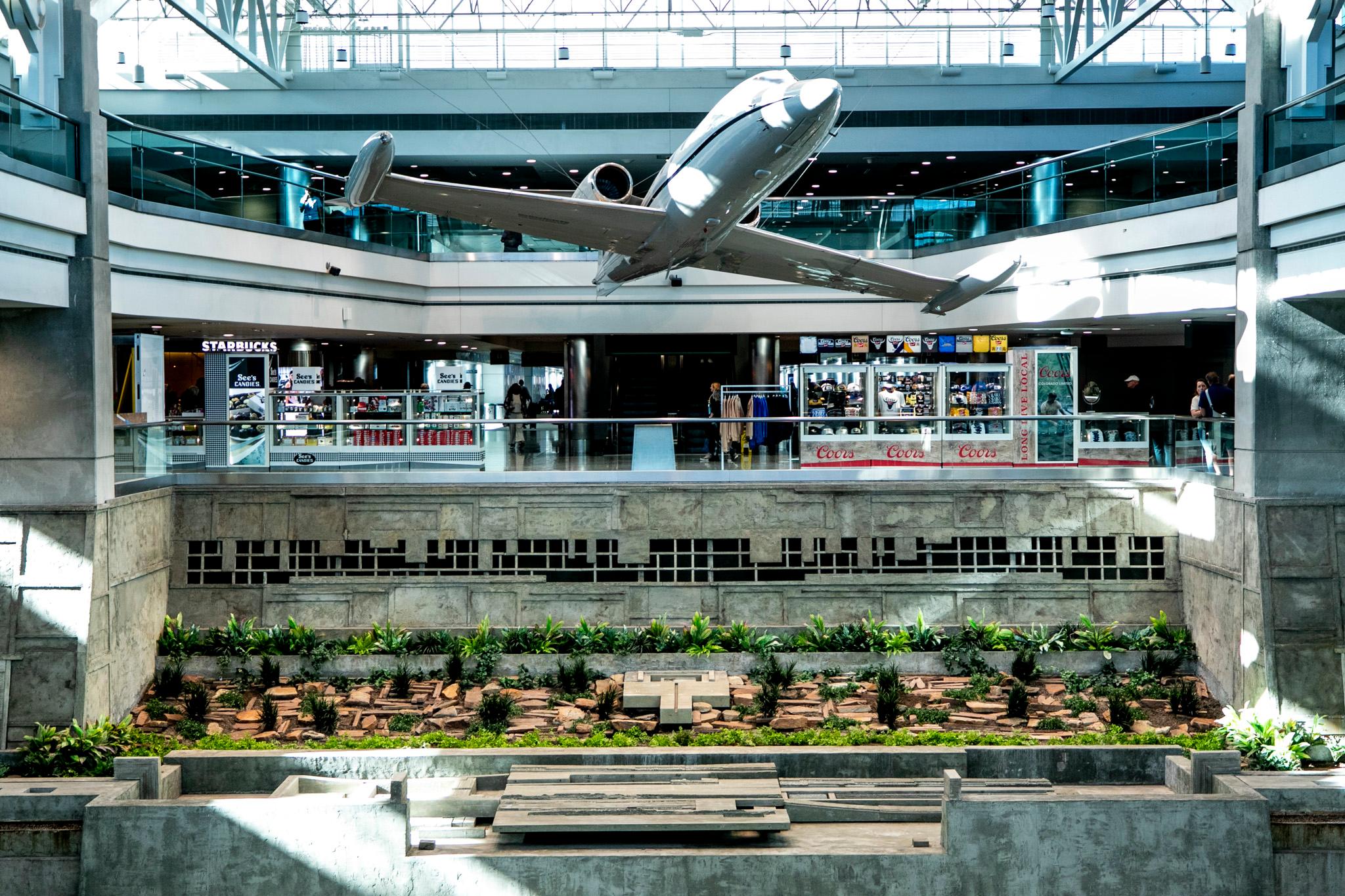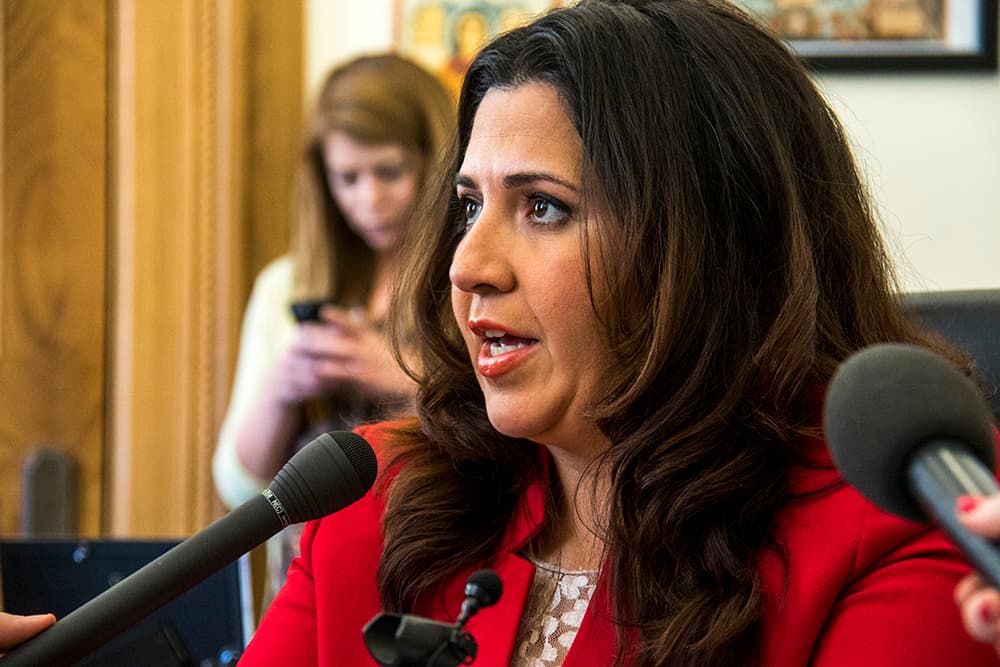
After the end of the legislative session, we sat down with Speaker of the House Crisanta Duran to talk about wins, losses and what comes next. This conversation has been lightly edited for length and clarity.
Jeanette Vizguerra just walked out of sanctuary at First Baptist Church across the street from the Capitol, and she called on the city and the state to do more to protect undocumented immigrants. Do you think there are additional measures you need to take?
This legislative session, we've seen some bills come forward that were quite divisive in terms of their impact on immigrants. I think we need comprehensive immigration reform at the federal level. At the state level, we have tried to do as much as we can to see immigration reforms that we have control over.
One of the issues that came forward at the end of the budget negotiation process and one of the issues that was a sticking point was drivers' licenses for undocumented immigrants. The Republicans have tried to defund that effort, but if someone is driving down the road and is hit by an undocumented individual, it's important that person have access to insurance. It's a matter of public safety for all. We ended up coming up with a compromise that will allow mobile units to go around the state, and we avoided the office closure that would have come if we did nothing.
We passed legislation (in a previous session) like Colorado ASSET so that undocumented students could gain access to in-state tuition. ... We went forward with measures like those and passed those during a time when we had a Democratic majority in the House and in the Senate.
We need to think about some of the rhetoric we use. Since Donald Trump was elected, some people feel like there is language that is now acceptable, and they've tried to normalize language that is simply unacceptable. One example of that is calling people illegal aliens. We had a fellow colleague in the House refer to people as illegal aliens, and that is absolutely unacceptable. I think there are a lot of ways we can support an inclusive Colorado, but we need federal changes.
One of the big disappointments of the session was the failure of HB 1242 on transportation. Is there anything you would have done differently from a leadership perspective or in terms of the substance of the bill?
HB 1242 was ultimately a compromise of anyone who wanted to participate in that conversation. We had existing dollars going into the transportation solution. We reduced FASTER fees. The problem was that some people, when the topic of a tax increase came up, they just closed their ears. They did not want to be part of the conversation. That was a non-starter for them. That's a very challenging position. At the end of the day, it was going to be the people of Colorado who were going to decide if they were going to invest a little bit more.
My question for those Republicans in the Senate who did not support this is, what would they support and would they be willing to engage in the conversation? The door is open if there are additional ideas to figure out how to get the additional revenue that we need.
Throughout this session, that approach of "all options are on the table" really helped the negotiations around construction defects, the hospital provider fee, also the charter mill levy bill that really focused on equity for all students in Colorado. The idea is that if one individual feels like a negotiation is going on and there is something you cannot accept, alright, if you cannot accept this, what can you accept? I think that was the key to success in getting those bills across the finish line. As long as we're talking and people are willing to talk, there is so much we can accomplish.
We still need to take on the big issues. I'm grateful for the conversation we had, and we still have work to do.
SB 267 is the big compromise bill from the end of the session that reclassified the hospital provider fee and funds a $1.8 billion transportation program. How does its passage shape the transportation debate? A lot of people are saying it doesn't have enough money, but for some others, it seems to reduce the urgency?
We have a transportation crisis. It's a good step forward, but we have a lot more to do. One of the pieces of HB 1242 was making sure local governments had the opportunity to have access to dollars for their local communities. When you think about transportation, there's roads and there's bridges and there's the big projects, but there's also a lot of work that needs to be done in specific communities. A local solution in Craig, Colorado, might be very different from a solution in Denver.
We need to come up with a statewide solution. One of the bases of our solution was that we don't take any Coloradans for granted, and we don't leave any Coloradans behind. In the Denver metro area, those are not necessarily the communities that will be left behind because they have the tax base come up with a piecemeal solution to some of the transportation problems. The communities that will be left behind are some of our rural communities that may not have access to that tax base to generate the necessary revenue to address their needs. The time is now to come up with a statewide solution. I hope that the Republicans who voted no would be able to come to the table.
Do you think it would have passed the voters? The initial polling didn't look great.
We had a case to make to the voters, that the gas tax has not gone up since 1991 and we have seen tremendous growth. I think it had an opportunity to pass. We would have had to educate the voters.
The Republicans did have a bill that would have used existing revenue to fund transportation.
They had a bill that they didn't have the votes to get out of the Senate. They came forward with an alternative proposal they could not get out of their own chamber.
That is what you hear from a lot of Republicans, though, especially in the House. They think there's money in the existing budget to fund transportation. Is that a non-starter?
It's a nice talking point. It's a nice thing to put on Twitter. I think one of the reasons we were able to get support from the Senate President is that serving on the budget committee, which both of us did, you see the dollars that are actually available, you see all the needs of the state of Colorado. When you have the opportunity to dig deep into our finances, you see that we need additional resources for transportation.
There's going to be a hearing during the interim about mitigation of the I-70 expansion in north Denver. What should we expect out of that?
We need to think about what we can do in terms of mitigation and listen to the community in Globeville, Elyria-Swansea about what they want to see as part of that process. We want to listen to the people in the community about what their solutions are.
Their solution is a re-route along the I-270 corridor.
There have been conversations with Adams County, and I have met with some of the elected officials. And the message I heard was the same one that I've heard for the last several years. They are adamantly against any kind of reroute and what that would look like. We have to continue to figure out what is possible. So this is an opportunity to think through proposed solutions and potential outcomes.

